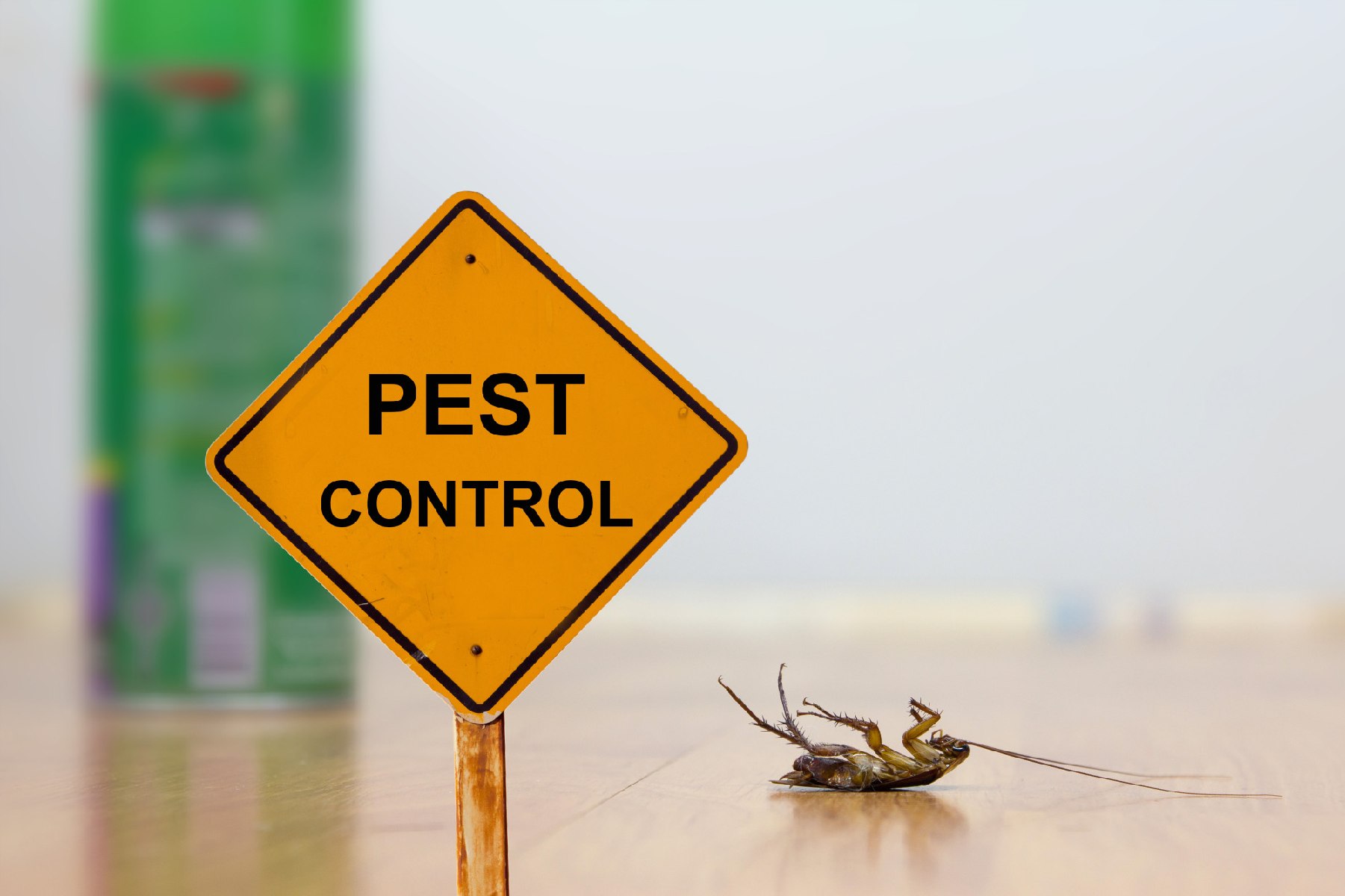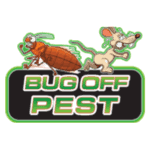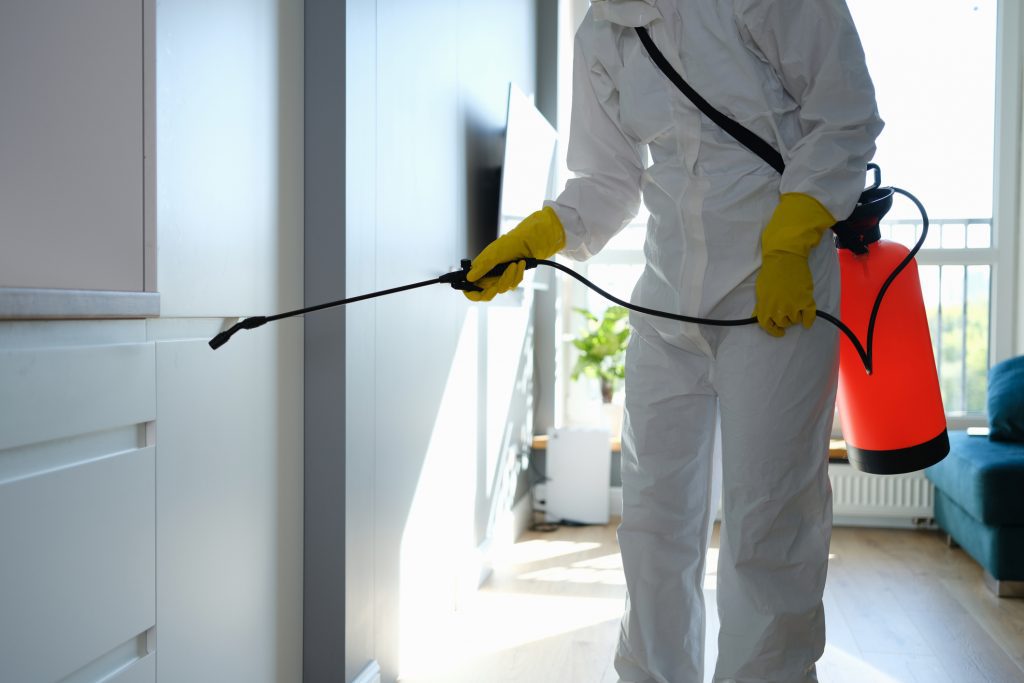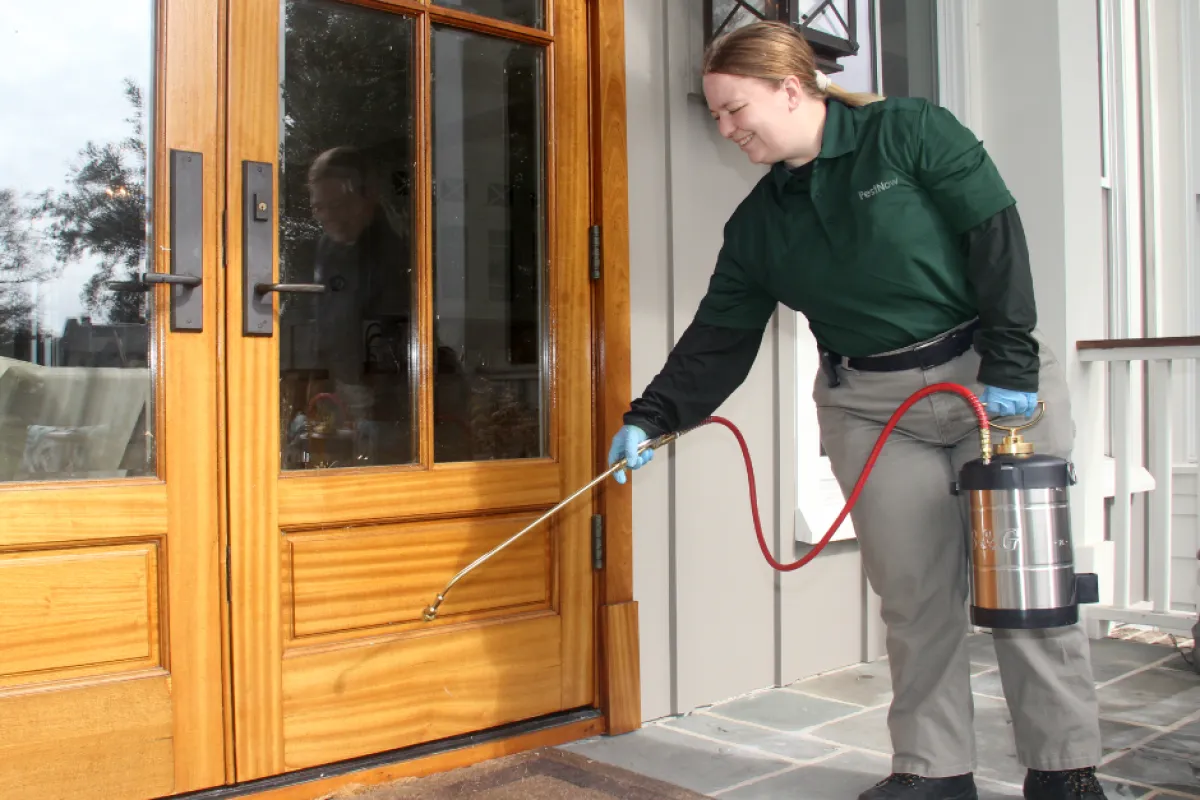Stop unwanted pests with professional Pest Control in Port Charlotte now.
Stop unwanted pests with professional Pest Control in Port Charlotte now.
Blog Article
Checking Out Innovative Techniques and Products for Effective Parasite Control
The landscape of bug control is developing, noted by the appearance of cutting-edge methods and items developed to improve performance and sustainability. From smart catches outfitted with sophisticated tracking systems to organic techniques that use natural killers, these improvements provide a paradigm change in how we come close to pest monitoring.
Smart Traps and Keeping Track Of Equipments
Exactly how can contemporary innovation boost parasite monitoring? One significant innovation is the growth of wise catches and keeping an eye on systems, which offer real-time data and analytics for effective parasite control. These systems utilize sensors and wireless modern technology to spot parasite activity, informing building managers and parasite control specialists to infestations prior to they intensify.
Smart catches are equipped with features such as bait terminals that draw in pests and catch them efficiently. These traps can be monitored remotely, permitting timely treatments and minimizing the need for substantial chemical applications. The combination of equipment discovering formulas enables these systems to differentiate in between target bugs and non-target varieties, improving the precision of bug control measures.
Furthermore, the information gathered from smart traps can be assessed to identify patterns in bug behavior and environmental aspects adding to infestations (Pest Control in Port Charlotte). This details is vital for creating targeted insect monitoring methods tailored to particular settings. By embracing smart catches and keeping track of systems, pest control experts can improve their functional effectiveness and decrease the environmental effect of insect management, eventually resulting in much safer and more sustainable techniques in the sector
Organic Pest Control Methods
Utilizing all-natural killers and parasites, biological insect control techniques supply an eco friendly choice to chemical treatments. This strategy entails the introduction or improvement of details organisms that can normally control parasite populaces, thus lowering dependence on synthetic chemicals. Common instances consist of the use of ladybugs to manage aphid infestations and parasitical wasps to target caterpillars.

Biological control can be classified into three major techniques: timeless, augmentative, and conservation. Timeless organic control involves importing natural adversaries from the insect's indigenous habitat, while augmentative control entails enhancing the population of existing all-natural enemies through launches. Conservation methods concentrate on developing problems that support these beneficial microorganisms in the environment.
The effectiveness of organic bug control rests on comprehending the complicated communications within environments. It often calls for an extensive assessment of insect characteristics and the life cycles of both the pests and their natural opponents. While biological methods may not offer instant results like chemical alternatives, they add to long-lasting insect monitoring and community wellness. As recognition of ecological concerns expands, biological parasite control techniques are progressively identified for their sustainable duty in integrated parasite management programs.
Eco-Friendly Chemical Alternatives
Green chemical options give a viable solution for pest monitoring that decreases environmental effect while successfully managing pest populaces. These choices are obtained from natural resources and are very carefully developed to target specific bugs without damaging useful organisms, making them a necessary component of lasting bug control techniques.
Amongst one of the most reliable environmentally friendly options are plant-based pesticides, such as neem oil and pyrethrin, which are stemmed from the seeds and flowers of different plants. These materials interrupt the life process of insects, decreasing their populaces without the hazardous effects connected with traditional chemicals - Pest Control in Port Charlotte. Furthermore, crucial oils like peppermint and clove oil display repellent buildings, additionally enhancing their energy in insect monitoring

Furthermore, eco-friendly chemical choices typically break down more rapidly in the setting, lowering the risk of soil and water contamination. This particular aligns with the raising customer demand for sustainable methods in farming and city pest control. As research study proceeds to breakthrough, the growth of cutting-edge environmentally friendly solutions will certainly further boost efficiency and widen application locations, enabling pest administration professionals to adopt greener, extra responsible approaches in their methods while guarding human health and the setting.
Pheromone Disturbance Techniques
One more ingenious technique in lasting pest administration is the usage of scent interruption methods. These techniques make use of the all-natural chemical signals, or pheromones, that pests use for interaction, especially in mating actions. By disrupting these signals, insect populaces can be properly taken care of without resorting read to damaging chemicals.
Pheromone catches are typically employed in this method. These catches utilize synthetic variations of insect pheromones to tempt male insects, thus reducing their capability to locate women and reproduce. Over time, this can bring about a considerable decline in parasite populaces. Furthermore, the launch of repellent pheromones can produce confusion amongst bugs, further preventing their breeding procedures - Pest Control in Port Charlotte.

Integrated Insect Management Strategies
Reliable parasite control commonly requires an extensive method, and Integrated Pest Management (IPM) strategies give a framework for attaining this objective. IPM integrates various administration practices to decrease insect populaces while decreasing home dependence on chemical pesticides. This diverse technique begins with detailed tracking and recognition of bugs, enabling targeted treatments based on details parasite pressures.
Social methods, such as plant turning and cleanliness, play an important duty in stopping pest facility. Organic controls, consisting of natural predators and parasitoids, are utilized to maintain insect populaces at convenient levels. When necessary, discerning chemical treatments are used, highlighting lower toxicity to non-target types and the environment.
By utilizing this holistic approach, IPM not only improves parasite control efficiency but additionally contributes to long-lasting environmental balance. Inevitably, Integrated Pest Management stands for a forward-thinking service that straightens agricultural performance with environmental stewardship, making about his it crucial in contemporary parasite control techniques.

Verdict
In final thought, the combination of innovative methods and products for efficient pest control represents a considerable improvement in sustainable bug management. Smart catches and keeping track of systems, organic bug control techniques, environmentally friendly chemical alternatives, and pheromone disturbance methods collectively enhance the performance of parasite administration techniques.
Report this page